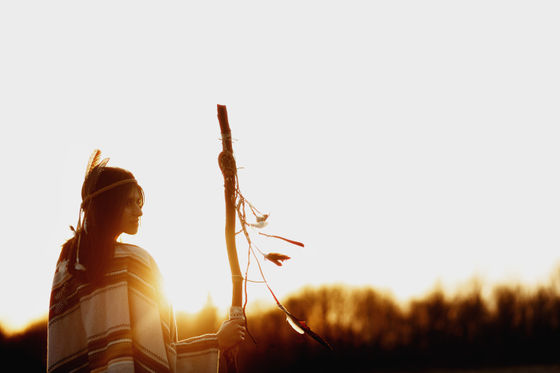More than 660 place names throughout the United States have changed as 'discriminatory terms are included', pros and cons from the parties

On February 22, 2022, the US Home Office announced that it would proceed with the process of changing the names of more than 660 places across the United States. While some have welcomed the move to change place names, including the word '
Interior Department Announces Next Steps to Remove “Sq___” from Federal Lands | US Department of the Interior
https://www.doi.gov/pressreleases/interior-department-announces-next-steps-remove-sq-federal-lands
US Will Rename 660 Mountains, Rivers and More to Remove Racist Word | Smart News | Smithsonian Magazine
https://www.smithsonianmag.com/smart-news/more-than-600-places-in-the-us-will-remove-racist-slur-from-their-names-180979733/
Is'squaw' really an offensive name and to whom? --The Berkshire Edge
https://theberkshireedge.com/is-squaw-really-offensive-and-to-whom/
The U.S. Interior Ministry, led by Deb Haaland, the first Native American woman to become Secretary of the Interior, said in a February 22 announcement, 'more than 660, including'squaw', which was officially derogatory under Secretary's Order No. 3404. Announcing the replacement of the land name. The ministry has begun proceedings to submit the matter to Native American inter-tribal consultations and public comments to consider potential alternative names. '
According to The Berkshire Edge, a local newspaper in Berkshire County, Massachusetts, the word 'squaw' comes from the Algonquin word for 'female.' However, the U.S. Home Office points out that 'squaw' has been transformed into a discriminatory term as a result of whites settling in North America using Native American women as a sexually and racially insulting term. increase.

'Words are important to make our public lands and waters particularly accessible and familiar to people of all racial backgrounds,' Harland said in a statement. rice field.
There are a lot of place names including 'squaw' in the United States, such as 'Squaw Mountain' and 'Squaw Valley'. Specifically, it is as shown in the map below. There are more than 660 place names with 'squaw' scattered throughout the United States, including Alaska, mainly in the western United States.
Now that 'squaw' has officially become a discriminatory term, these place names will be replaced with 'sq___' in official documents. Public comments to Native Americans and the general public through April 25 are also soliciting opinions on renaming to another place name. For example, if the place closest to 'Squaw Mesa' is 'Castle Creek', the first candidate will be 'Castle Mesa', and at least five candidates are presented for each place name.
The parties have welcomed this measure against 'squaw,' which is also known as the 'S word' because of its injuries. James C. Ramos, the first Native American to be a member of the California State Legislature, told the media, 'There is no reason not to change the S-word that punishes Native American women in 2022. It should be. '
This is not the first time a discriminatory place name has changed in the United States. In 2008, the famous mountain 'Squaw Peak' in Phoenix, Arizona was changed to '
In 1962, the place names including 'nigger', which is a discriminatory word against black people, were changed, and in 1974, the place names including 'Jap', which is a discriminatory word against Japanese people, were changed as well.
The National Association of Tribal Historic Preservation Officers stated in a (PDF file) guide to changing place names: 'Racist, contrary to the rhetoric often said by opponents of these activities. Or renaming inappropriate place names or geographical features is not 'making history absent', but rather an opportunity to more honestly explain America's past and historic scars. It's a healing act. '

On the other hand, some Native American parties do not feel discriminatory about 'squaw.' A woman with pure-bred Native American parents told The Berkshire Edge, ''squaw' is a word used in fairy tales and legends, so I don't hear it much in everyday life, but I don't find it particularly offensive. I mean, I don't say, 'I met a friend of squaw the other day,' but it's not because it's unpleasant, but because it's just old. '
In this regard, The Berkshire Edge said, 'The problem with categorizing'squaw'as a discriminatory word is that it is different from other discriminatory words and was originally used by Native Americans to refer to young women. It's something that was. It can be annoying to other words derived from Native American words such as canoe and lacrosse. In the first place, the state of Massachusetts. The name also comes from the Argonkin language. '
Related Posts:
in Note, Posted by log1l_ks







